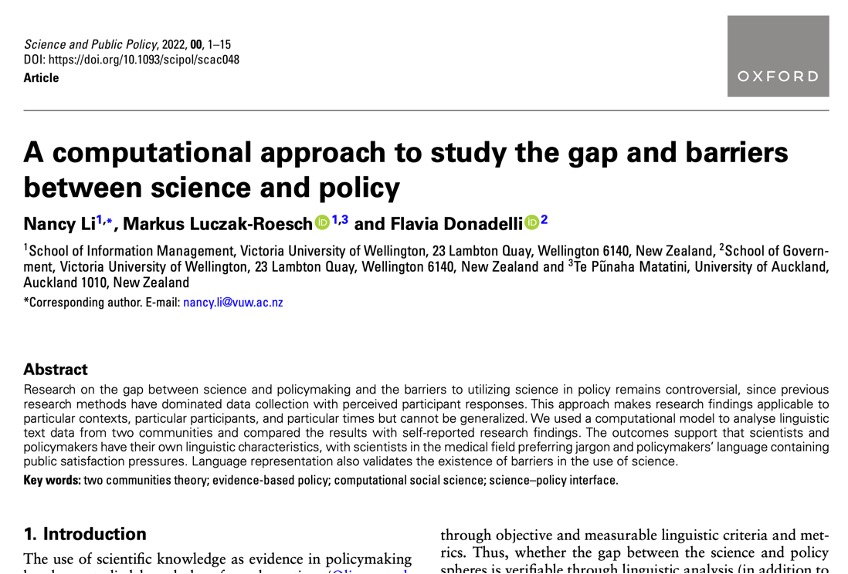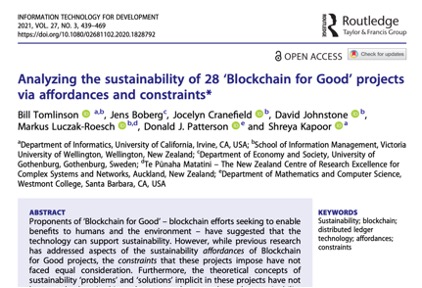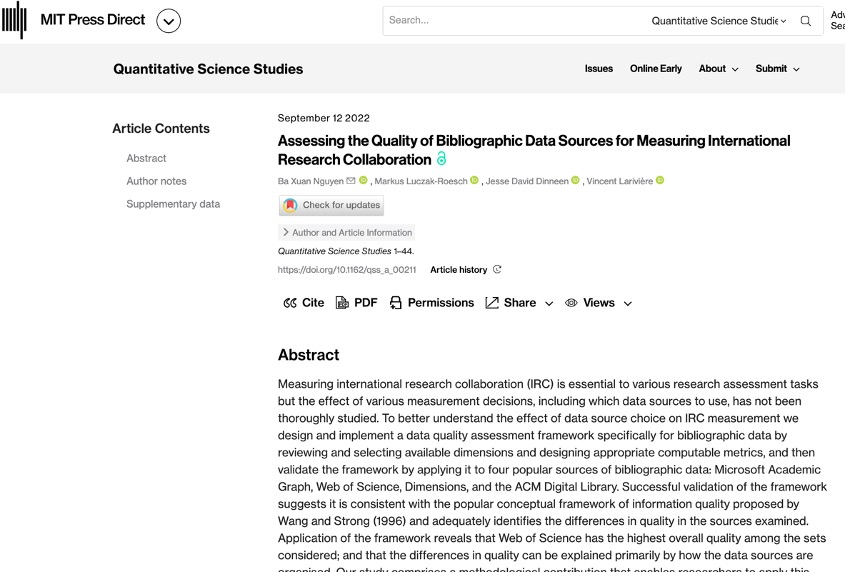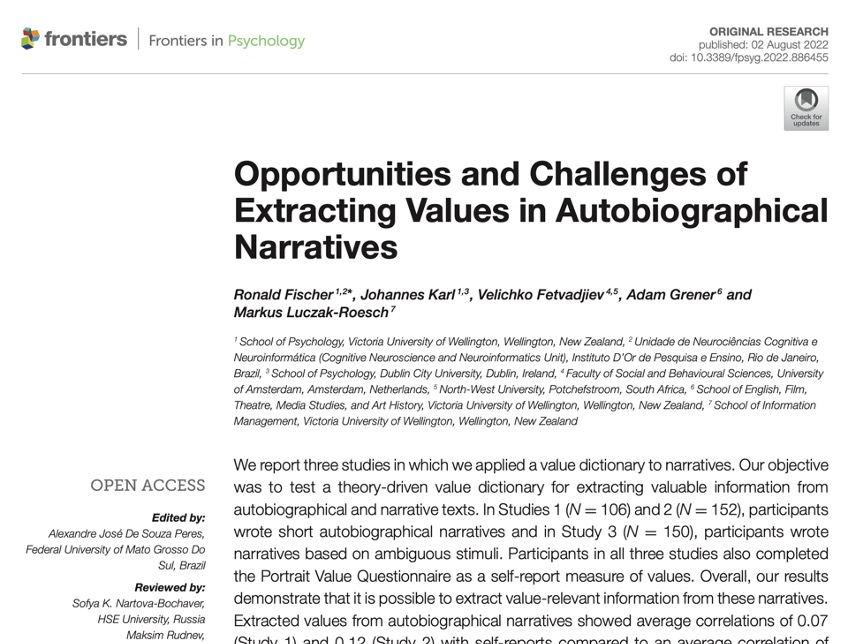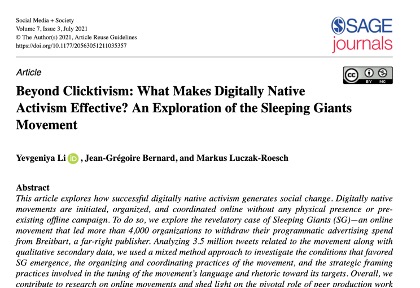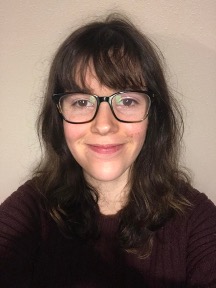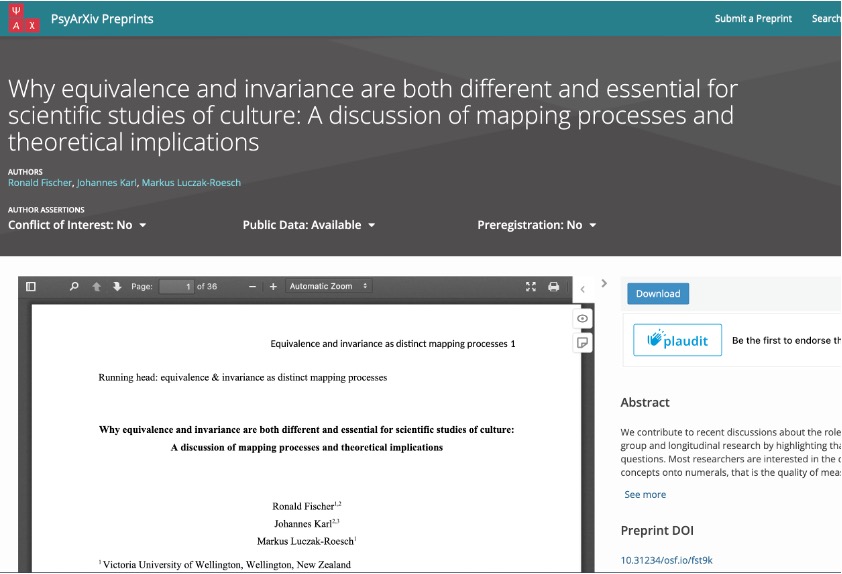
Complexity and Connection Science Lab
We work on theories and methods to understand the structures and dynamics of complex systems,
and we develop computational tools that aim to securely and meaningfully augment human intelligence.
Our people
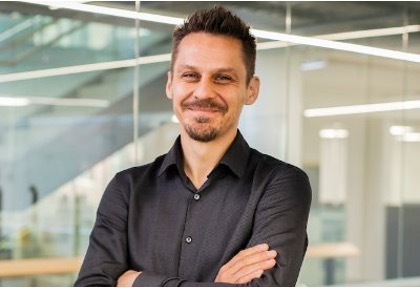
AProf Markus Luczak-Roesch
Lab founder and academic co-lead

Dr Cameron Pierson
Postdoctoral researcher (information science)

Hazel Darney
PhD student (information science)

Dr. Ba Xuan Nguyen
Academic fellow (information science)

Prof Nicholas Golledge
Academic fellow (climate science)
About the C2Lab

We develop theories and methods to understand complex systems and help people deal with an ever increasing complexity of the world around us. We apply the theories and methods we develop to real and virtual systems to either confirm existing knowledge about those or provide completely new understanding of their inner relationships and evolutionary dynamics. Our work usually results in computational models and interactive tools that are aimed at supporting human sense- and decision-making to create a new and meaningful form of machine augmented intelligence.
What are complex systems?
Our world is full of systems where the whole is greater than the sum of its parts and where change is hard to impossible to be predicted.
Social movements that break out on social media, a serendipitous scientific discovery that turns into a billion dollar innovation, the personality of a human individual over its lifetime, bacteria that become resistant against antibiotics; all these can be looked at as complex systems.
What is connection science?
The solution to complex problems is transdisciplinary.
Connection science brings the computational sciences together with other disciplines such as psychology, neuroscience, philosophy, linguistics, sociology and cognitive science. This transdisciplinary approach seeks to leverage what's technically possible in a way that is inclusive and improves lives.
Contact
As part of the School of Information Management at Victoria University of Wellington, we are based in Wellington's CBD area just opposite of the Beehive in Rutherford House. If you are involved in an organisation and want to discuss if and why understanding complexity may be crucial for you, don't hesitate to approach us by email or come by.
